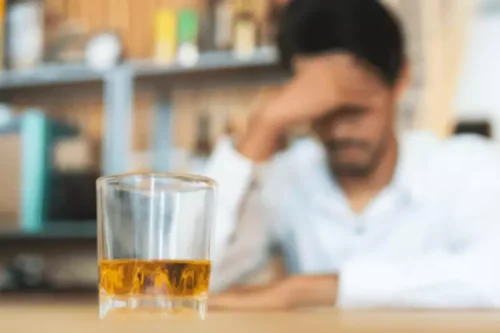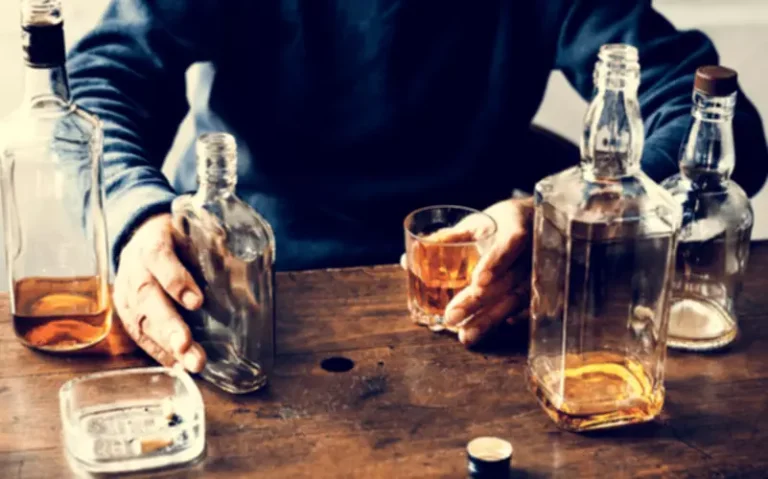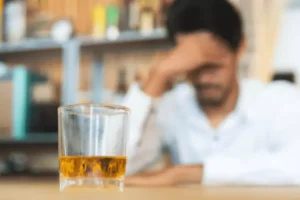
PSWs shared that while initially the role was met with skepticism, manyhave experienced a shift to greater acceptance. Consistent with previous research,PSWs shared that the shared lived experience allowed them to serve as a bridgebetween providers and individuals in recovery4 decreasing the existence of mistrust, and demonstrating that recovery ispossible. PSWs found themselves to be able to model for both providers andindividuals what recovery can look like and normalize the experience of relapse. Yet despite the skepticism, the PSWs believe that they can often serve as abridge between individuals who are in active addiction and their practitioners.“They took a Hippocratic oath to treat people fairly, kindly. PSWs, through theirshared lived experience, believe that they can be more tolerant and empathicduring these times, taking the behaviors for what they are rather thanpersonalizing or evaluating the whole person based on a low point in their lives(P5, P6). P5 expressed that the presence of a peer in stable recovery can serveas a reminder for practitioners that relapse is a part of addiction and maydecrease the negative perception of individuals who represent for treatmentrepeatedly.
- And one measure of a comprehensive substance abuse treatment program is the help it offers to enrollees to identify their interests and find and build a meaningful career path.
- In this section, I’ll be sharing some strategies that have helped me build an effective support system during my own addiction recovery.
- Your sponsor is not a friend but rather a point of contact who has been in sobriety for a long time who is readily available when you need support from someone who knows you personally and understands substance abuse.
- Struggling with addiction can feel overwhelming, as addiction-related stigma and fear of legal consequences are barriers to care.
- It also encourages clients to build a strong support network, whether through continued therapy, group counseling, or family involvement, all of which are critical to long-term success.
Does relapse to drug use mean treatment has failed?

Rosecrance Foundation provides treatment in locations across Illinois, Wisconsin, and Iowa. The organization prides itself on giving evidence-based treatment for substance abuse and mental health disorders by skilled professionals. People surrounded by a strong social support network remain in treatment longer and are less likely to relapse, according to an article shared by the National Library of Medicine. RHS have the potential to provide a protective environment to promote and maintain recovery for adolescent youth.
Learn more about treatment options
- However, some people may have been encouraged to use substances by the people around them, including friends and family.
- This article reviews various recovery support services available in the United States throughout the life span—from adolescence through adulthood.
- • Identity—shifting towards a new, positive view of oneself, one more aligned with one’s deeper values and goals, one built on self-confidence gained by acquiring new skills and new behaviors.
- Our justice and health systems have been set up to limit access and shame those with the disease, but nonprofits are working to fight the stigma.
Help the person stay connected with all of these vital members of their support team. It can often be beneficial to communicate with these other supporters, but only if you are explicitly permitted to do so by the person you are assisting. CRPs seem to help students successfully manage their recovery while they complete their education in college and university settings, environments that are often not conducive for recovery. The lack of uniformity across CRPs limits understanding of the available findings.

Substance use disorders: Get the facts and find support
- In one study, two-thirds of the adults relapsed in social situations in which they experienced urges and temptations to drink or use.
- A solid support system is an important factor in long-term addiction recovery.
- Another widely applied benchmark of recovery is the cessation of negative effects on oneself or any aspect of life.
- Over time, this consistent positivity helps us see our value beyond just external factors.
- These may include therapists or counselors who specialize in addiction treatment.
Yet sustained, personalized recovery services are essential because treatment is just the first step toward growth and finding a high quality of life without substances. That includes offering interactive, online seminars; pilot grant funding; research mentoring programs; help with designing and testing new measures; as well as collecting and sharing existing measurement resources. Various HEAL-funded research projects, such as the HEALing Communities Study, partner with recovery organizations to help communities choose the most effective strategies to meet local needs and conditions. The NIH HEAL Initiative also partners with NIDA to fund research within the Consortium on Addiction Recovery Science, a nationwide effort that focuses on research network-building initiatives. Put simply, these projects will benefit communities grappling with opioid misuse and overdose and other substance use disorders by rapidly advancing research aimed at providing effective recovery support services to people who need them.

Finding the right treatment option can be the key to a successful recovery journey. Overcoming a SUD is not as simple as resisting the temptation to take drugs family support in addiction recovery through willpower alone. Recovery may involve medication to help with cravings and withdrawal as well as different forms of therapy. It may require checking into a rehabilitation facility.45 Recovery can be challenging, but it is possible.
- There are some friends who are better left behind—those who are linked to the addictive experience.
- Peer support services can effectively extend the reach of treatment beyond the clinical setting into the everyday environment of those seeking a successful, sustained recovery process.
- Group therapy offers a sense of community, reduces feelings of isolation, and provides opportunities for individuals to share experiences and support one another.
- SUDs are chronic but treatable medical conditions that change the brain and behavior.
